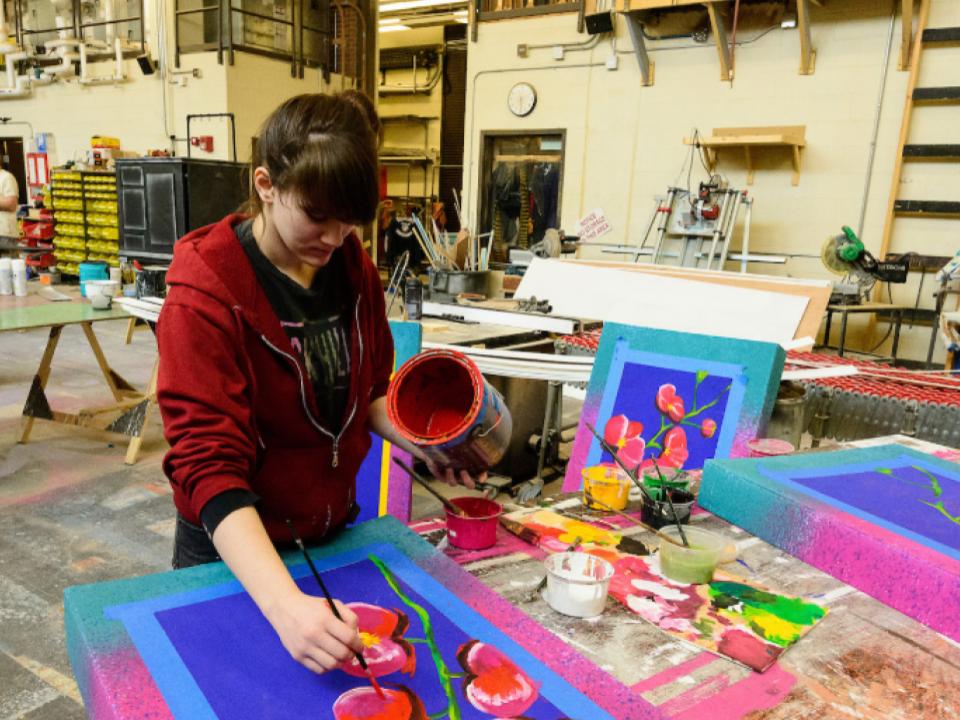A Case for Equity in Experiential Learning Work-Based Learning as a Viable Alternative to Internships
Main Article Content
Abstract
This study presents a course model to demonstrate how students’ current work experiences can be utilized as a viable alternative to internships. While internships have been shown to enhance a student’s college experience, underserved and underrepresented students are often unable to pursue this high impact practice due to financial, socio-cultural, and institutional barriers. To address this inequity, the authors present an alternative course model to internship completion that can be just as effective. SEE’s principles of good practice for experiential learning and NACE career competencies were used as a guiding framework for developing this course. Student outcome data (n=20) is presented from a small four-year public Midwestern university that serves a disproportionately higher percentage of disadvantaged students in the state. Paired sample t-test shows that students achieved significant improvement in all eight career competencies with the most gains in leadership, career and self-development, and critical thinking. The results demonstrate that work-based learning can be an alternative to internships, allowing students to achieve career competencies. When structural barriers beyond a student’s control prevent them from participating in an internship, work-based learning can be a tool to mitigate equity concerns and level the playing field as it relates to access to internships.
Article Details

This work is licensed under a Creative Commons Attribution 4.0 International License.

